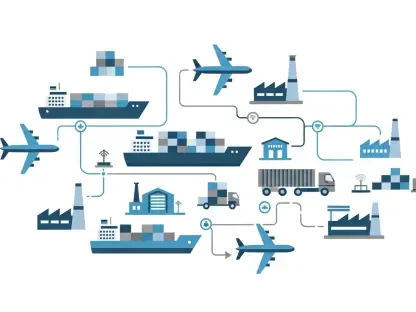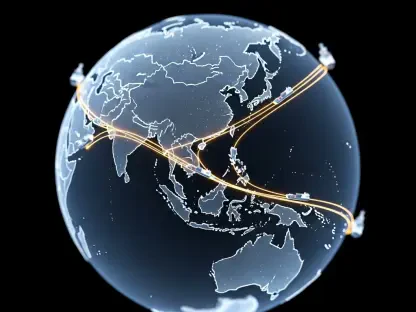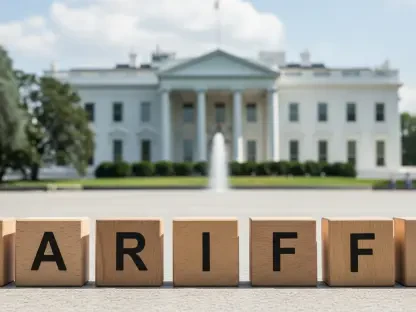In a world increasingly concerned with environmental sustainability, a new player has entered the global trade arena—Cross-Border Green Logistics. A critical innovation spearheaded by thought leaders like Marco Lopez, CEO of Intermestic Partners, Green Logistics seeks to minimize the heretofore significant environmental impacts of international trade. Highlighted by its eco-friendly practices, including fuel-efficient transport systems, waste reduction protocols, and a strong emphasis on renewable energy sources, this concept aims to mend the historically detrimental logistics model that has been a heavy contributor to carbon emissions. With global trade being an indispensable part of the world economy, the integration of Green Logistics presents both a challenge and opportunity for businesses worldwide.
Advantages of Going Green in Logistics
The transition to Green Logistics is more than an environmental gesture; it offers tangible advantages that extend across various dimensions of business. Focusing on resource efficiency leads to cost savings—a critical factor for any profit-oriented entity. By employing strategic practices such as fuel-efficient transportation and energy-saving technologies, companies can experience significant productivity gains. Furthermore, aligning with green initiatives boosts brand reputation among consumers who are increasingly making decisions based on a company’s environmental stewardship. Yet, this transition isn’t without its hurdles. High initial investment costs, a lack of skilled labor familiar with green technologies, and the maze of differing international regulations pose substantial challenges for businesses looking to adopt Green Logistics.
The Role of Technology and the Look Ahead
The pivotal contribution of technology to Green Logistics is clear-cut. AI leads the charge in purging operational inefficiencies by fine-tuning delivery routes for heightened fuel efficiency, thus slashing carbon emissions. Meanwhile, the Internet of Things (IoT) provides instant tracking for more dynamic logistic operations. These tech advancements are not just streamlining costs; they’re crucial in curbing carbon emissions. As we look to the horizon, Cross-Border Green Logistics is set to ride the wave of this global shift towards sustainability, propelled by relentless tech innovation. This forward momentum may ultimately make sustainable practices mainstream and supercharge operational efficiency.Intermestic Partners stands at the forefront, championing these green practices and sculpting the international trade logistics landscape. The core concept here is crystal clear—economic motives and environmental stewardship are harmoniously compatible. Together, they lay out a holistic avenue, envisioning an era where commercial prosperity and environmental consideration are entwined.









